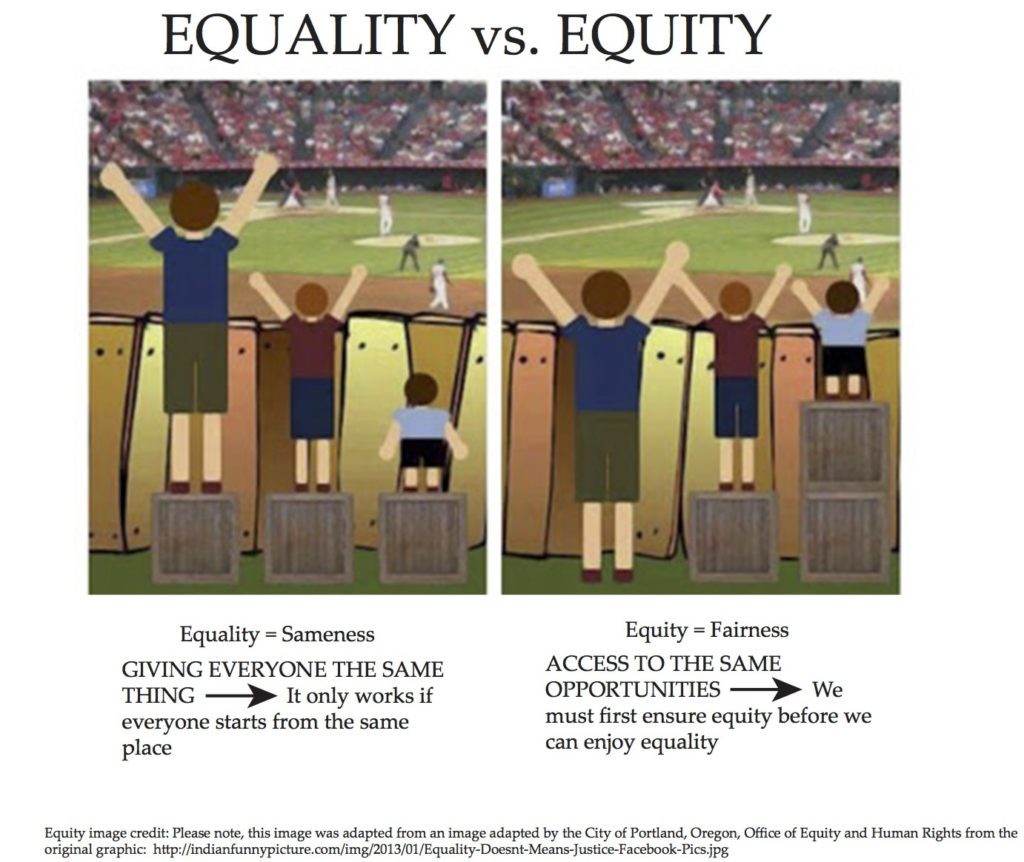Happiness goes with the rule of Equality in Totality | We are living in a society that is striving towards justice in prosperity | Time is the leveler of every inequality | Invest Time towards your future | Demonstrate Patience in the process |
The concept of “Equality in Totality” is meticulously maintained in the conduct of the universe. There is continuity and connectivity visibly evident in the world of human ingenuity that is filled with pride, integrity and dignity.
Do to others what you would love others to do to you.
The phrase “Do unto others as you would have them do unto you” is often referred to as the Golden Rule. It is a fundamental ethical principle that suggests treating others with the same kindness, respect, and consideration that you would like to receive from them. This concept can be found in various forms across many cultures and religions and serves as a guideline for promoting empathy and positive interactions among individuals. The Golden Rule encourages people to consider the feelings, needs, and well-being of others in their actions and decisions, fostering a sense of empathy and mutual respect in personal and societal relationships. It promotes the idea that if we all treat each other the way we want to be treated, we can create a more harmonious and compassionate world. It goes beyond conventional notions of equality by encompassing a holistic approach that addresses not only economic disparities but also social, political, and cultural inequalities. We should explore the idea of Equality in Totality, its significance, and the steps we can take to foster a more inclusive and harmonious world.
The Multifaceted Nature of Equality
Equality is a universal principle. We, but, often associate it with the idea of equal opportunities and equal treatment. While these are essential aspects of it, a comprehensive understanding of equality must extend beyond these basic principles. Equality in Totality emphasizes the nature of the universe in leveling all facets of human existence so that the question of inequality is erased from the facet of earth.
These facets include:
Economic Equality: This is perhaps the most commonly recognized form of equality, focusing on income and wealth distribution. Achieving economic equality means closing the income gap, ensuring fair wages, and providing equal access to economic opportunities. These are possibilities of human interventions. You will understand them more well when you hear the quote saying “you can buy a costly bed but cannot buy a perfect sleep” or such many quotes describing true life.

Social Equality: Social equality involves addressing disparities on account of caste, race, gender, religion, and other social factors. It seeks to create a society where individuals are not discriminated or disadvantaged in whatsoever manner.
Political Equality: Political equality is about ensuring that all citizens have an equal voice and influence in the decisions that affect their lives. This includes fair and accessible elections, representation, and protection of fundamental rights.
Cultural Equality: Cultural equality recognizes the importance of diverse cultural backgrounds and traditions. It promotes the idea that no culture is superior to another and that individuals should be free to express their cultural identities without fear of discrimination.
Environmental Equality: In recent years, the concept of environmental equality has gained prominence. It highlights the need for equitable access to environmental resources, protection from environmental harm, and shared responsibility for preserving the planet.
The Significance of Equality in Totality
Equality in Totality is significant for several reasons:
Human Dignity: It upholds the inherent dignity of all individuals by ensuring that all are treated fairly and with respect.
Social Cohesion: A society that embraces Equality in Totality is more likely to be harmonious and cohesive, as it minimizes divisions and conflicts arising from inequalities.
Economic Prosperity: Economic and social disparities can hinder overall economic prosperity. By addressing these disparities, society can unlock its full potential for growth and development.
Innovation and Creativity: A diverse and inclusive society fosters innovation and creativity. Different perspectives and experiences can lead to new ideas and solutions to complex problems.
Global Peace: In an interconnected world, addressing inequalities on a global scale is crucial for maintaining peace and stability.

Steps to Achieve Equality in Totality
Achieving Equality in Totality is a complex and ongoing process, but there are concrete steps that individuals, communities, and governments can take to work towards this goal:
Education: Promote education that instills values of tolerance, diversity, and inclusivity from an early age. This helps combat prejudice and discrimination.
Economic Reforms: Bring the people at the bottom line into collective mode of social entrepreneurships that are addressing the disparities faced by farmers on account of controlled pricing and forced selling.
Representation: Ensure diverse representation in political and decision-making bodies to reflect the demographics of society.
Promote Cultural Exchange: Encourage cultural exchange programs and initiatives that celebrate diversity and foster cultural understanding.
Environmental Responsibility: Take collective action to address environmental inequalities, recognizing that environmental degradation disproportionately affects vulnerable communities.
Equality in Totality is a profound and encompassing concept that challenges us to address inequality in all its forms. By recognizing that equality extends beyond economics to encompass social, political, cultural, and environmental aspects, we can create a fairer, more inclusive, and harmonious world. Achieving Equality in Totality requires collective effort, but the rewards are greater human dignity, social cohesion, and prosperity that are well worth the journey.





